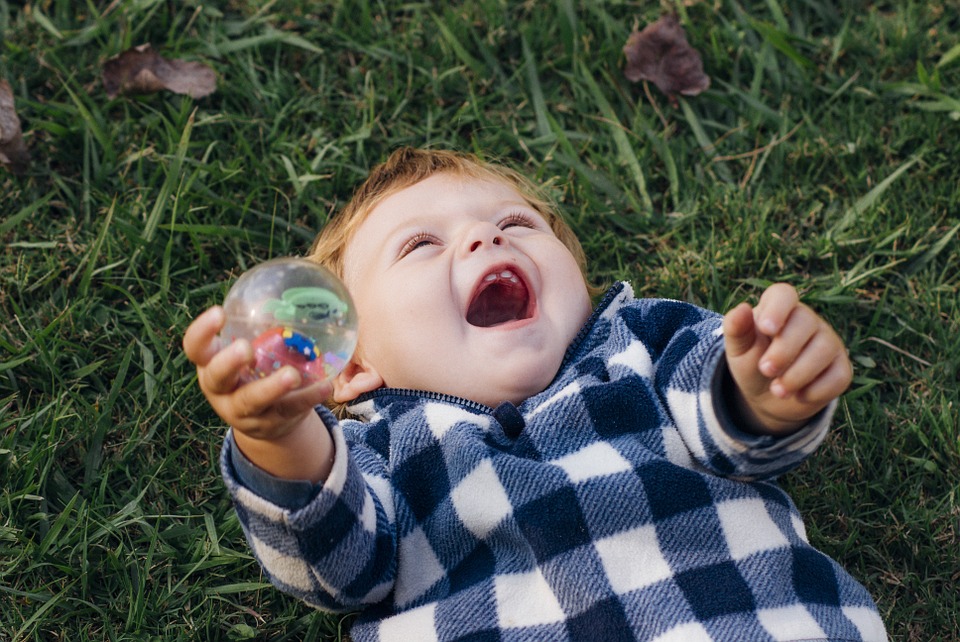Understanding What Makes Your Kids Laugh

Understanding What Makes Your Kids Laugh:
Humour is an essential ingredient in many children’s books. Young readers enjoy nothing more than a good laugh, especially when it can be shared with others, as with a parent at a bedtime read. Humour is also a feature that finds favour with parents, as it not only helps to settle a young mind for sleep but also encourages progress in reading and a desire to read for oneself. It is said that laughter is caused by seeing the truth of a relationship that one had not noticed before. This may be the fundamental understanding, but it is also useful to consider some of the features that bring new relationships to the attention of the young reader. [wp_ad_camp_1]
Firstly, the humour in children’s books must be based on characters that the reader quickly comes to know and like, or dislike, perhaps at least one of each. These may be presented as children, Alice or Peter Pan, as adults in any occupation, Biggles or Postman Pat, as animals, Mickey Mouse or Toad of Toad Hall, or, these days, as aliens or robots, ET or K9, but the characters have one thing in common: they are all essentially children. They are characters who are capable of spontaneous emotional responses to situations, full of energy but prone to error and accident, facing hazards with wide-eyed astonishment.
Knowing the characters well, the reader expects to be able to predict their reaction to given situations, and the predictable responses, as well as the occasional unexpected outcome, can both induce a laugh. A particular weakness or affectation in a character can be the source of recurring humorous situations. Young readers are much more appreciative and tolerant of repetition than the average adult. Repetition is one of the principal causes of unsympathetic adults condemning humour of the kind found in children’s books as ‘childish;’ and another is the use of weird, newly created, names, funny names that youngsters love.
Children are less likely than adults to laugh at the more subtle humour in dialogue but a few jokes of this kind can help a parent through a bedtime read, and questions about what made you laugh can be opportunities to deepen or broaden a young mind. Children are more likely to find amusing, situations of imminent peril or of physical retribution, being confident of the survival and continuing wellbeing of their heroes and of the just desert of the villains. The laughter can remain innocent and healthy as long as the violence is only of the cartoon variety. Every situation can have a funny side in a fantasy world in which all characters, especially the good ones, are not only immoral but perpetual children.



